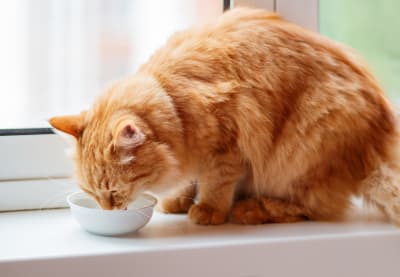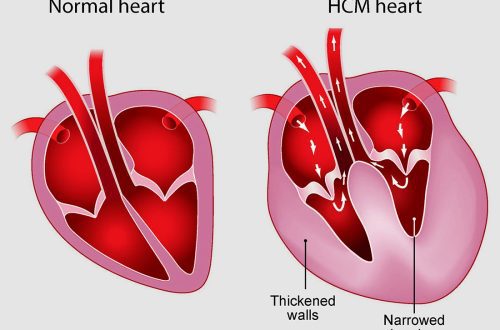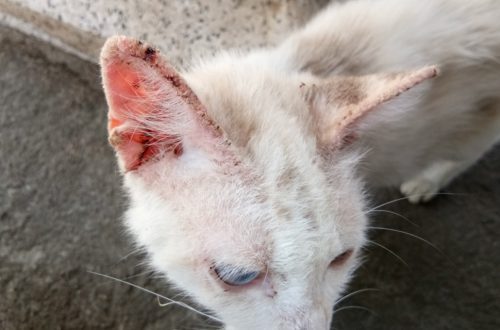
Symptoms of various diseases in cats

Contents
The main signs that a cat is sick:
Anorexia;
Drowsiness and lethargy;
A sharp change in weight (both up and down);
Aggressive and nervous behavior;
Hair loss, peeling or skin irritation;
Low or high body temperature (a temperature of 37,5–39 ° C is considered normal);
Rapid breathing (the norm in kittens is 60 breaths per minute, in young cats – 20-25, in adults – 17-20);
Discharge from the nasal passages, ears or eyes;
The presence of blood in the urine or stool, painful urination or lack of it;
Vomiting or diarrhea.
If your cat exhibits any of these symptoms, contact your veterinarian immediately.
Most of the diseases that cats are susceptible to can be divided into several groups, each of which is characterized by similar symptoms.
Diseases of the internal organs:
Diseases of the liver. Cats with liver disease are characterized by lethargy, loss of appetite, vomiting, and diarrhea. The liver may also increase in size. In severe cases, jaundice sets in. Both inappropriate nutrition and poisoning with various drugs or poison can lead to these diseases. Only a specialist can diagnose liver diseases;
Gastrointestinal disease Symptoms of gastrointestinal diseases are similar to other diseases: the pet has vomiting, diarrhea, and therefore it loses weight. Therefore, only a specialist can make an accurate diagnosis;
Diseases of the cardiovascular system. Most often, cats suffer from hypertrophic cardiomyopathy. Symptoms: loss of interest in food, fatigue, shortness of breath. It is worth remembering that this disease is incurable, so early diagnosis will significantly prolong and improve the quality of life of your pet;
Urolithiasis disease. The most common problem in both cats and cats. The disease is also very dangerous and in case of a late visit to the doctor can be fatal. Urolithiasis is most often the result of a metabolic disorder, heredity or insufficient activity of the cat.
Diseases of the sense organs:
Eye diseases. It is not difficult to notice them: in most cases, you can see conjunctival hyperemia, purulent or serous discharge from the eyes, and swelling of the eyelids. At the slightest sign, you should consult a doctor;
Ear diseases. In the presence of itching in the ears, the cat may shake its head, prevent it from touching the ears. Due to unbearable itching, the animal can be aggressive, due to hearing loss, the cat is disoriented. The cause of inflammation of the auricle can be hypothermia, various infections, injuries.
Skin diseases:
External parasites (fleas, ticks, lice) are the cause of most cat skin diseases. Both pets and animals that are in free range are susceptible to infection. Parasites can get into the house even with a person – on street shoes. An infected cat experiences itching, as a result of which it becomes more restless. You can find them in the ears or on the neck of the animal, this is due to the fact that the skin in these places is more elastic;
Another common disease dermatophytosis (fungal infections). This pathology is characterized by alopecia, crusts, local peeling of the skin, brittle hair in the affected areas. It is worth remembering that this disease is also dangerous for humans;
Also, do not forget about allergies. Its symptoms are similar to many other illnesses, making it difficult to diagnose.
Инфекции
Symptoms of viral infections (coronavirus, panleukopenia, and others) can be different. However, these infections are often characterized by fever, vomiting, and diarrhea. A more accurate diagnosis can only be made by a veterinarian.
Oncology
Unfortunately, oncology in cats has recently been common. In the early stages, the symptoms are almost invisible or similar to those of other diseases. With a decrease in appetite, exhaustion, a neoplasm on the body of a cat, you should immediately consult a doctor.
Remember that disease prevention can save a pet’s life, and their proper therapy will make it longer and happier.
The article is not a call to action!
For a more detailed study of the problem, we recommend contacting a specialist.
Ask the vet
July 9 2017
Updated: 30 March 2022





